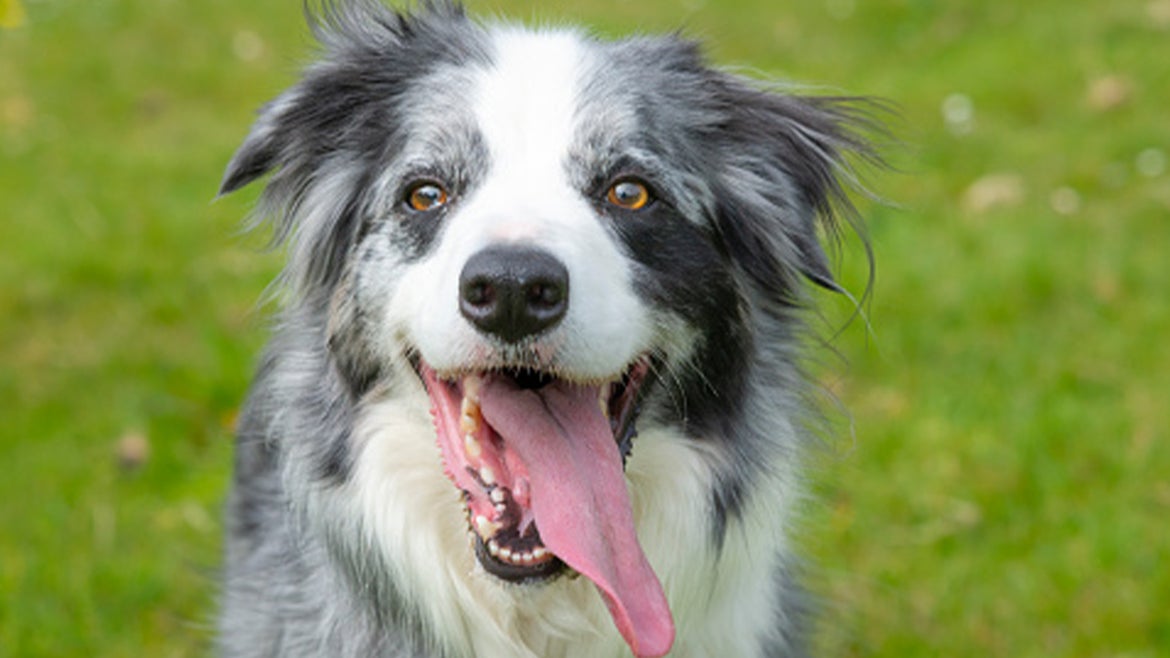More than 11,000 dogs of varying breeds participated in the study that was done by a team of researchers in Finland, a report said.
Is your dog hyperactive? Impulsive? Inattentive? Does your dog chase its tail, around and around? Or, just stare at the wall for no reason? There may be a reason behind this seemingly illogical canine behavior.
A new study by a team of researchers in Helsinki, Finland, has found that dogs can exhibit human-like ADHD and OCD behaviors. The findings were published this month in the journal Translational Psychiatry, according to a press release by the University of Helsinki.
‘Dogs share many similarities with humans, including physiological traits and the same environment. In addition, ADHD-like behavior naturally occurs in dogs. This makes dogs an interesting model for investigating ADHD in humans,” says doctoral researcher Sini Sulkama,
More than 11,000 dogs of varying breeds participated in the study. The researchers tracked a dog's hyperactivity, impulsivity, and inattention. The team asked pet owners behavioral questions about their dog that was based on a survey utilized in human ADHD research, CBS News reported.
“The goals of the study were to identify environmental factors underlying canine ADHD-like behavior and potential links to other behavioral traits,” said Professor Hannes Lohi, head of a canine genre research group at the University of Helsinki.
Researchers learned that hyperactivity, impulsivity, and inattention were more common in young dogs, particularly male dogs, which matched the observed demographics of ADHD in humans, researcher Jenni Puurunen, Ph.D. said, according to the press release.
The study also found that dogs who spent more time alone on a regular basis were more hyperactive, impulsive, and inattentive than dogs who spent more time with their owners or were not alone. And dogs with ADHD-like traits may have a difficult time calming themselves down, may exhibit signs of inattention and may bark and whine incessantly.
“As social animals, dogs can get frustrated and stressed when they are alone, which can be released as hyperactivity, impulsivity, and inattention. It may be that dogs who spend longer periods in solitude also get less exercise and attention from their owners,” Sulkama explained.
The study also revealed that your dog’s breed may play a significant part in whether they will develop ADHD-like behavioral traits, the release said. Working dogs, like the Border Collie and the German Shepherds, made the list. Meanwhile, those dogs that seemed to show few or no ADHD-like signs and had a calmer less impulsive manner were the poodle, chihuahua, and long-haired collie.
Researchers also found a link between dogs that possessed ADHD-like behaviors and behaviors associated with obsessive-compulsive disorder, aggressiveness, and fearfulness. Some of those common behavior traits cited include tail-chasing, continuous licking of surfaces or themselves, or staring at "nothing," the study said.
"The findings suggest that the same brain regions and neurobiological pathways regulate activity, impulsivity, and concentration in both humans and dogs," Sulkama said.
Related Stories






